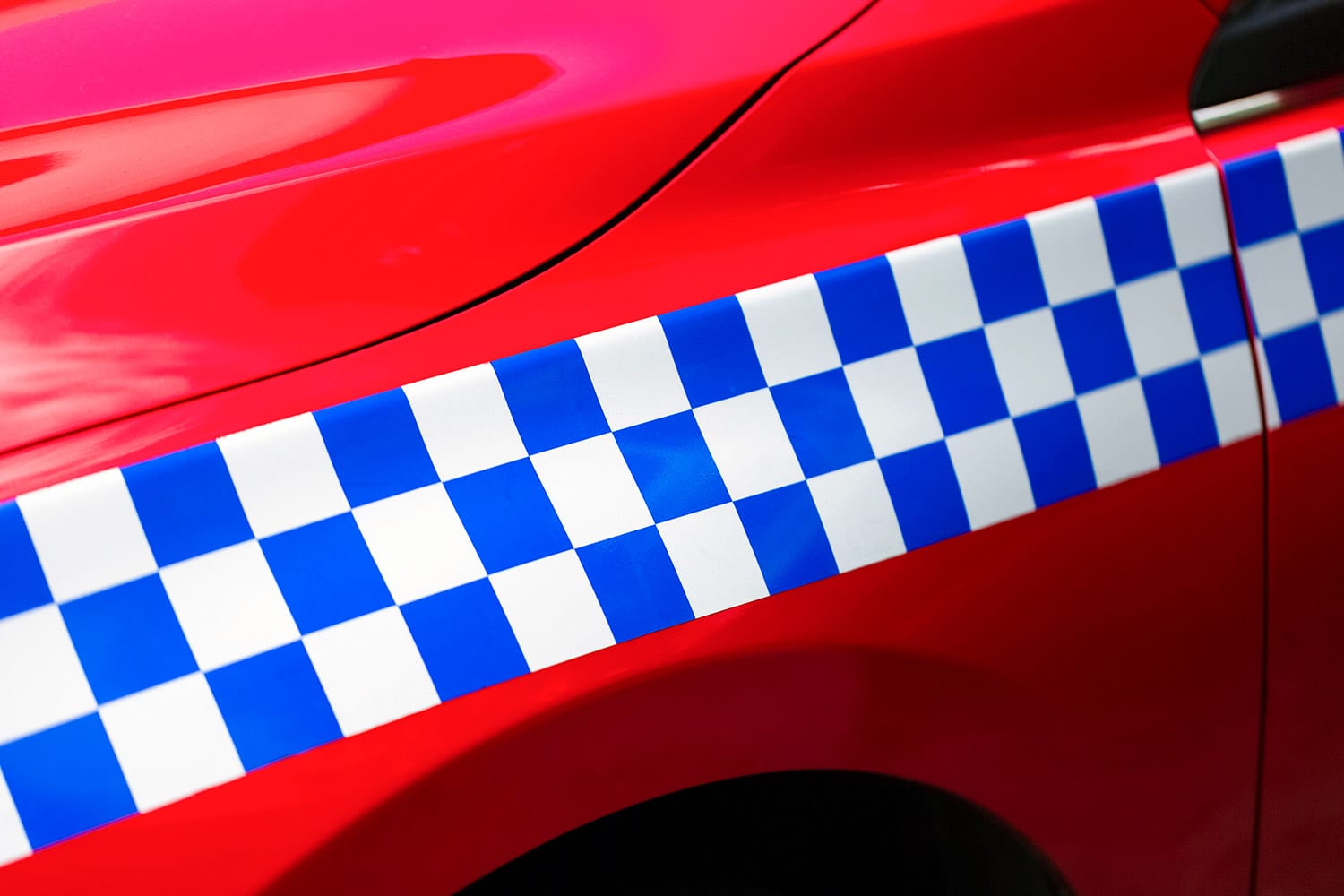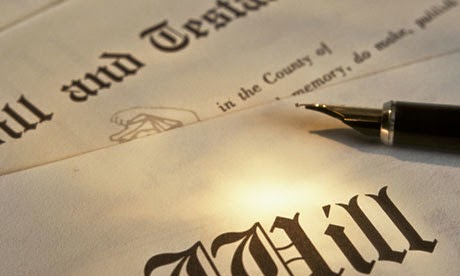Your rights when dealing with police

What are your rights when coming into contact with police?
Police have a wide range of powers under the Police Powers and Responsibilities Act 2000 to give directions, compel information or conduct a search.
The most obvious is your right to remain silent. You are not required to give police any information other than your name, date of birth and address. Police may want to question you in relation to their investigations or their complaint against you, but you have the right to decline give information other than your identifying particulars.
Police may arrest you and/or ask you to come to the station to complete a record of interview. This is a formal interview which will be filmed or voice recorded as evidence. You are not required to participate in this process. Usually police use this as an information gathering technique to advance their case against you. If you are not under arrest, you are not even required to attend the police station.
Your rights to silence apply to these interviews. Aside from providing your identifying particulars when directed, you may decline to participate in an interview.
In the event you are detained, police may detain you for a period of up to 8 hours, but cannot interview you for more than 4 without a Court Order.
Can the police search my person or property?
If police have a search warrant they may search your residence, person and property without your permission.
If police do not have a warrant they may search your person if they reasonably believe you are carrying or are in possession of something illegal.
If police do not have a warrant or reasonable belief that you are in possession of something illegal, they cannot search you, your premises or property without your permission.
What happens if I am arrested?
If you are charged and arrested, police will process you through the watch house.
You will be photographed, finger printed and asked for your identifying particulars. You will be held in the watch house whilst police compile their paperwork and decide whether you will be granted bail or not.
In the event you are granted bail, you will be issued with a piece of paper outlining your bail obligations. This will include attending your court date for the charge against you and may also contain extra conditions preventing you from doing certain things, such as attending a place or contacting a person.
If you are not granted bail, then you will be remanded in custody until you are brought before the Court. Usually this will be the same day or the following day, unless it is a weekend. it will then be up to you or your legal representative whether you make application to the Court for bail.
Usually police will refuse bail if you are a serious repeat offender, or are an unacceptable risk to the community, or a flight risk.
If you are ever contacted by police in relation to a charge or complaint against you, we recommend that you contact V.A.J. Byrne & Co Lawyers immediately on 07 4972 1144 to obtain legal advice.
Recent Posts
Lets have a chat
Do you have any questions?
Let’s make a time to sit down and discuss your query so the team at V.A.J. Byrne & Co. Lawyers can advise you on the best solution moving forward.
Gladstone & Bundaberg Offices:
Phone: (07) 4972 1144
Email: office@byrnelawyers.com.au
Postal Address: PO Box 273 Gladstone QLD 4680
Gladstone Street Address:
148 Auckland Street
Gladstone QLD 4680
Hours of Business:
8:30am to 5:00pm
Monday to Friday
(except Public Holidays and Christmas Closure)
Bundaberg Street Address:
Suite 2, 36 Barolin Street
Bundaberg QLD 4670

Serving the CQ Region since 1931









